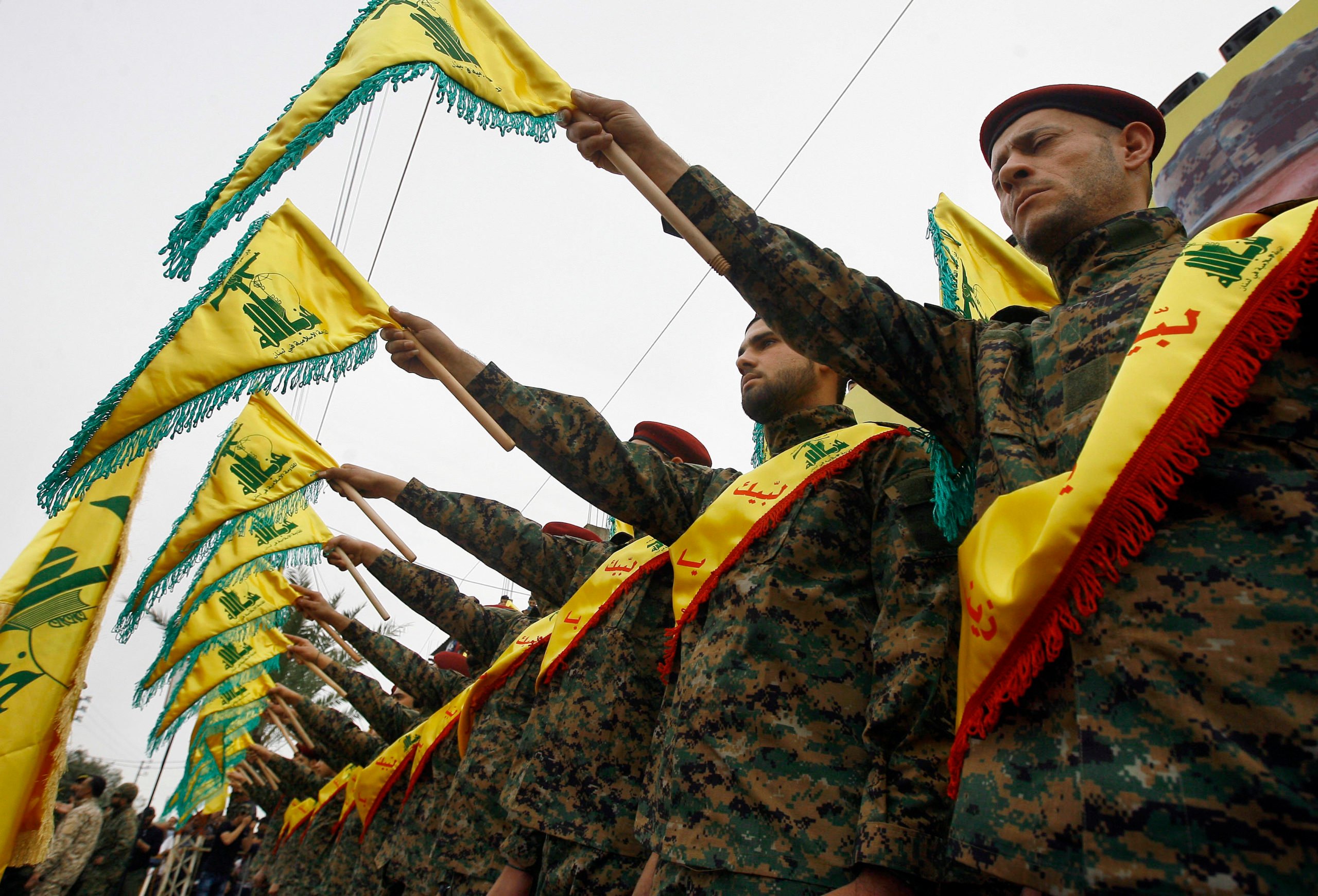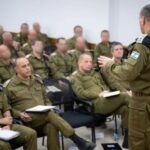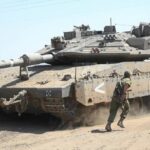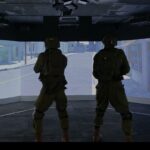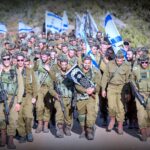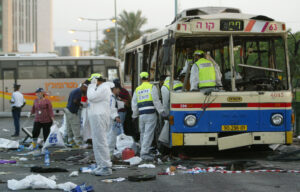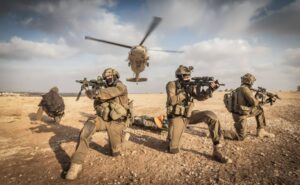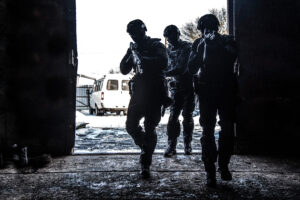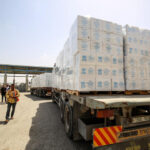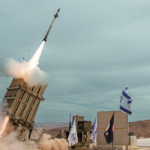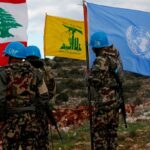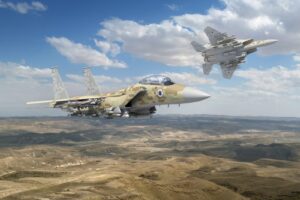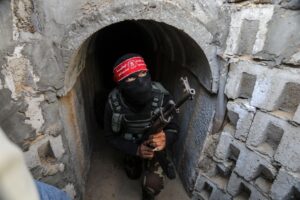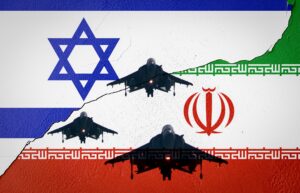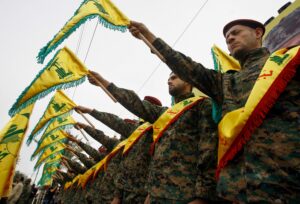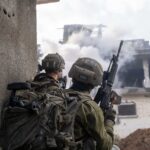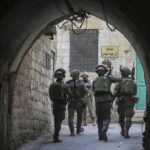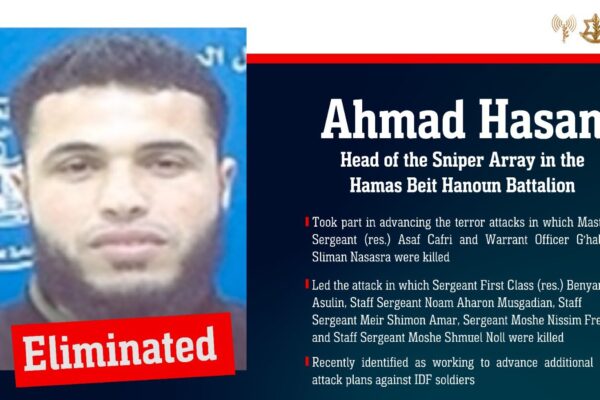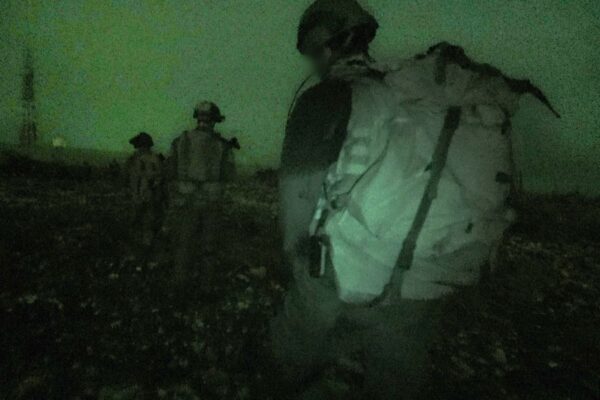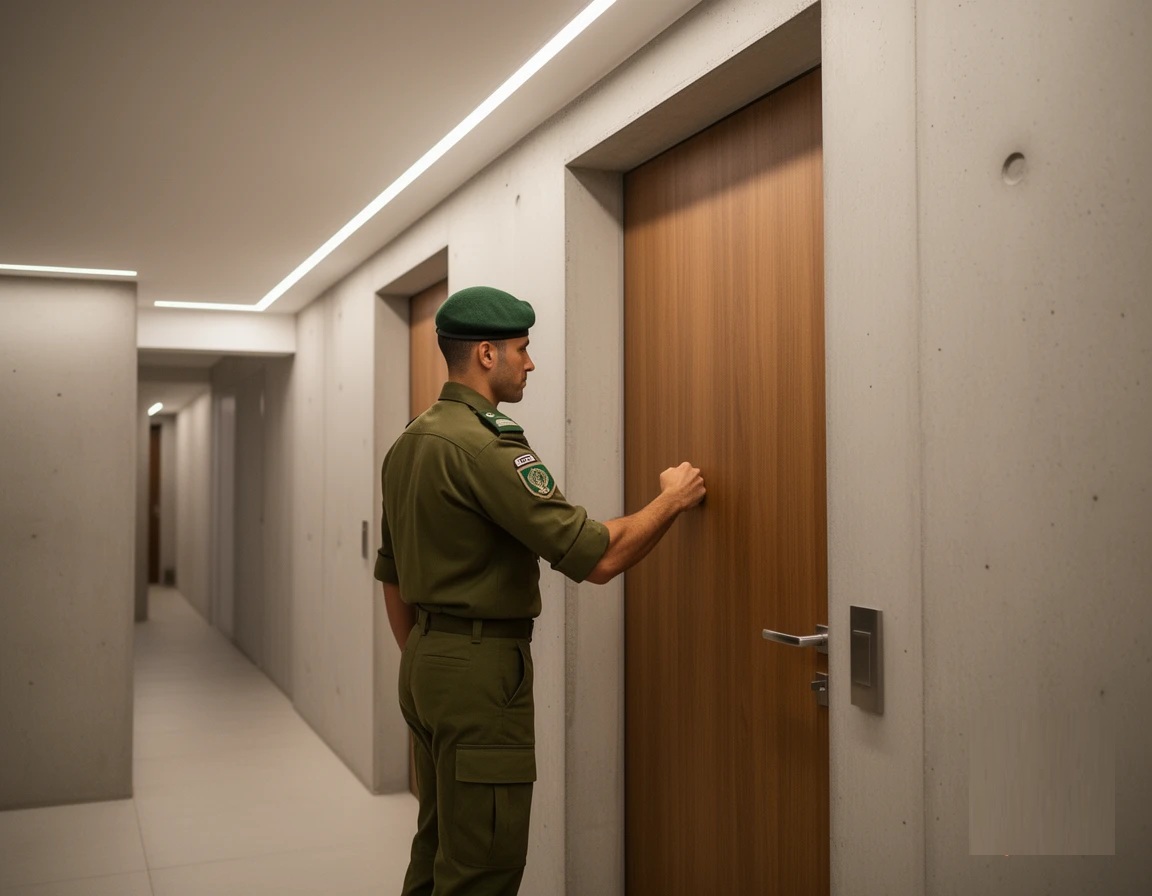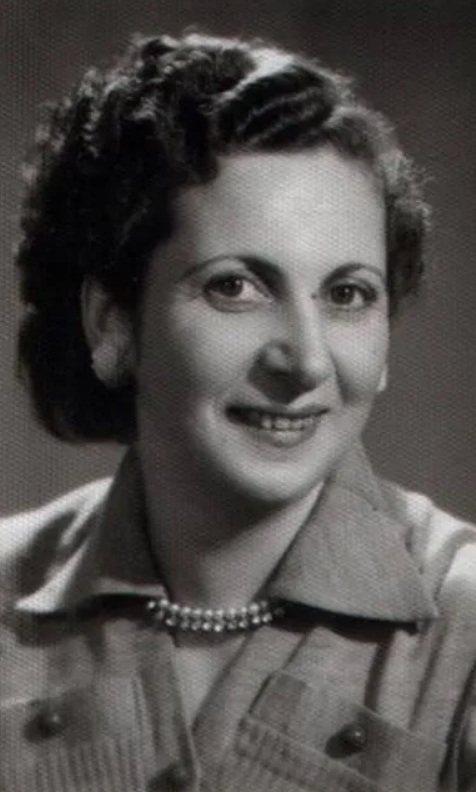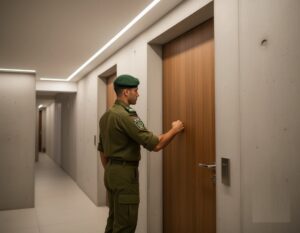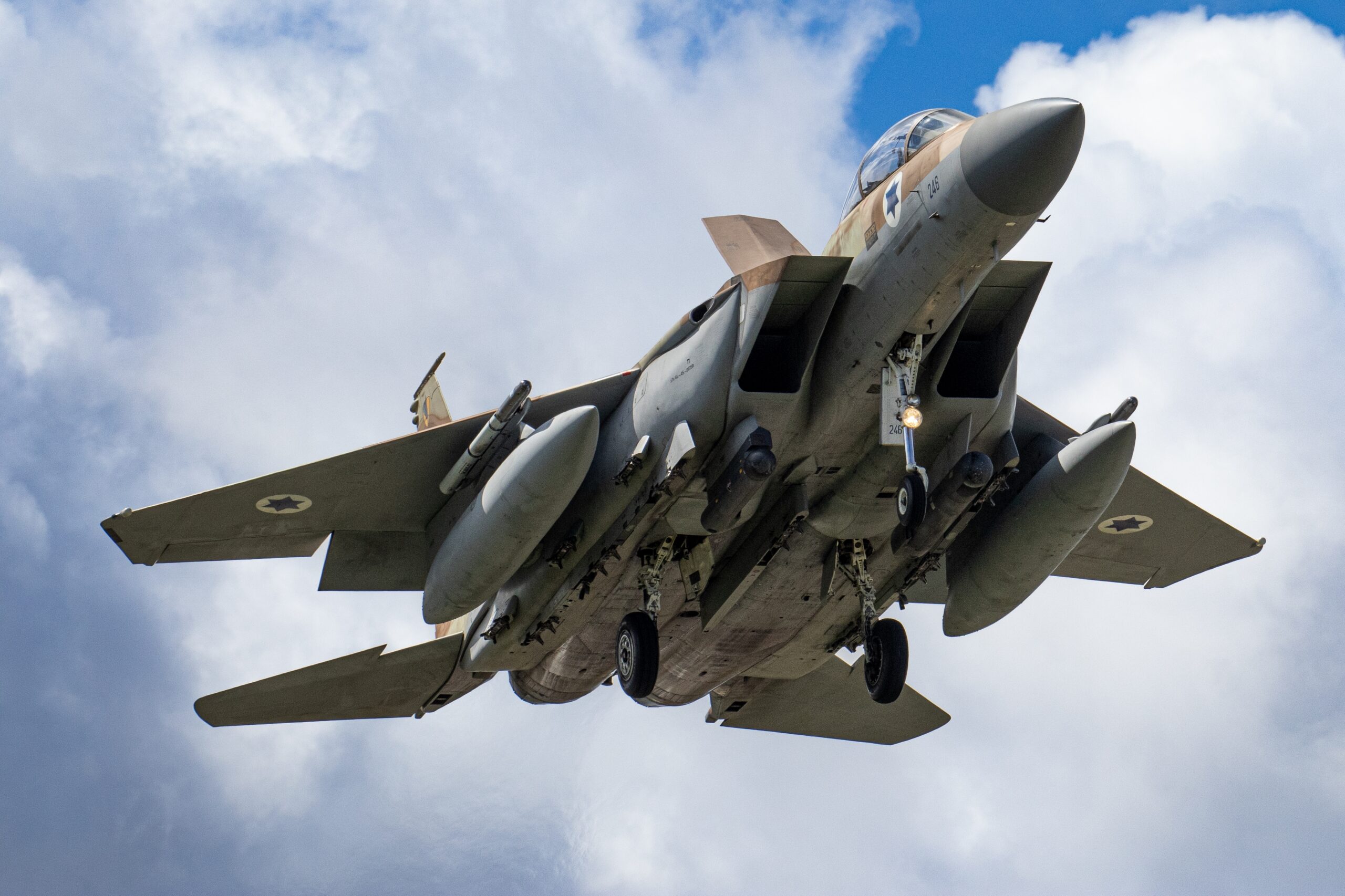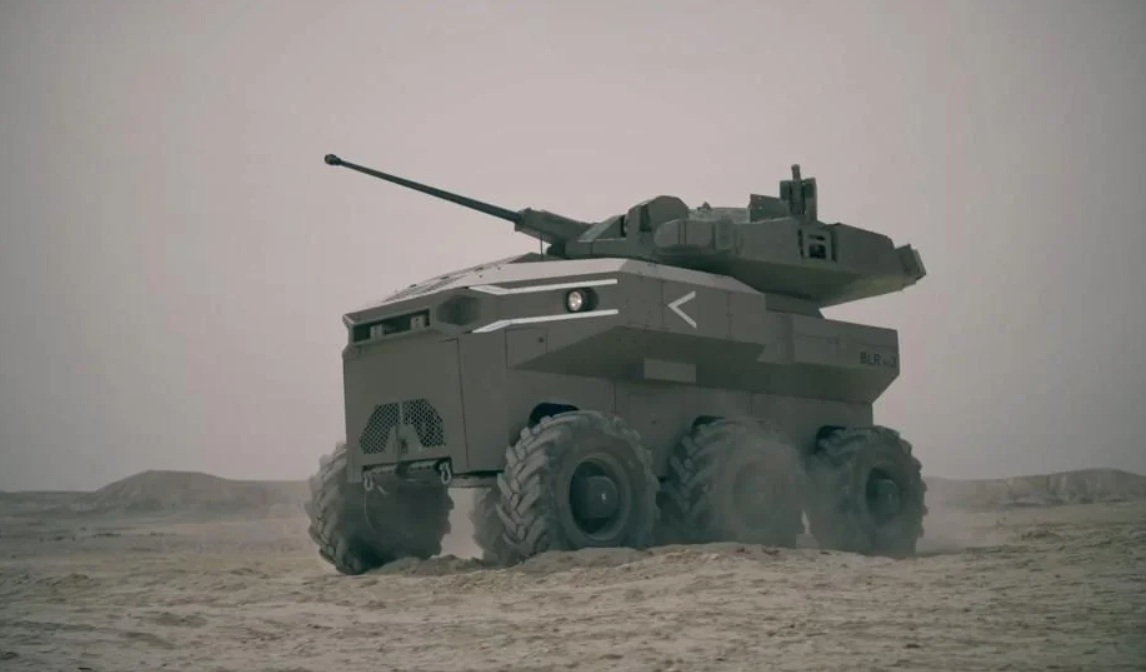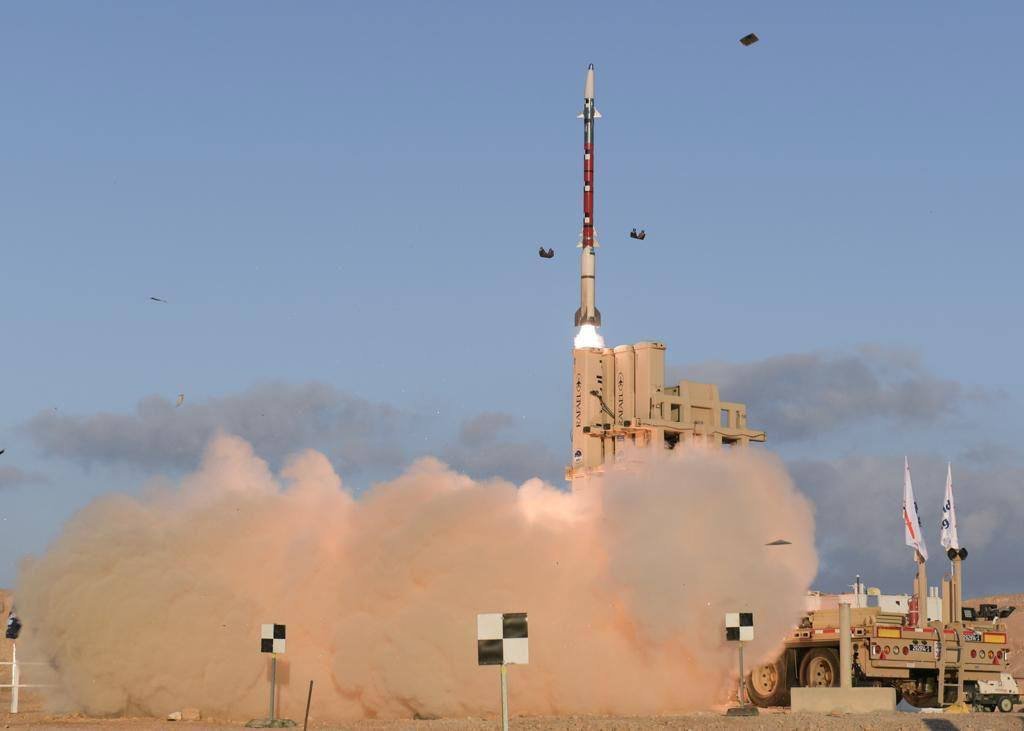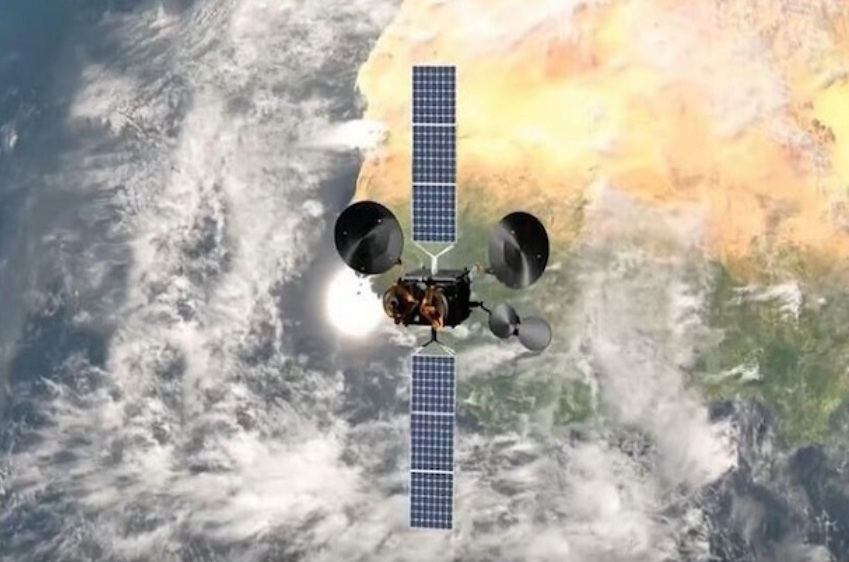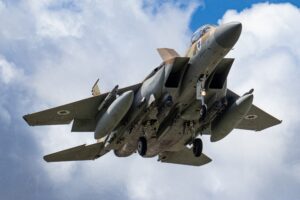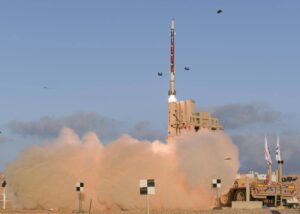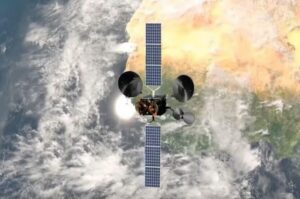The casualties, likely included a disproportionate number of Hizbullah officers.
By Hezy Laing
In a televised address from an undisclosed location on July 30, 2025, Hizbullah’s current chief, Naim Kassem, acknowledged for the first time the huge scale of the damage inflicted on the organization.
He confirmed that the war had killed 5,000 fighters and wounded another 13,000—significantly higher than the initial estimates of 3,500 dead and 7,000 injured.
The casualties, likely included a disproportionate number of officers, reflecting the targeted nature of Israel’s campaign.
At the outset of hostilities, the group fielded roughly 40,000 fighters, half of them reservists—meaning the losses represent a severe blow to its operational strength.
The conflict, which erupted in October 2023, led to devastating losses suffered by the Iran-backed group.
This includes the life of Hizbullah’s long-time leader, Hassan Nasrallah, who was assassinated in September 2024 after 32 years at the helm.
His successor, Hashem Safieddine, was also killed soon afterward, along with other senior commanders, following a series of Israeli electronic warfare strikes that crippled Hezbollah’s communications.
A U.S.-brokered ceasefire in November 2024 brought an end to the intense fighting, which had leveled parts of southern Lebanon and killed much of Hezbollah’s senior leadership.
Since June 2025, Washington and Beirut have been negotiating a roadmap that would see Hezbollah fully disarmed in exchange for a halt to remaining Israeli strikes, the withdrawal of Israeli troops from five contested points in southern Lebanon, and substantial funding for reconstruction.
However, progress has been slow.
Frustrated by delays, the United States has urged Lebanon’s cabinet to make a public commitment to the disarmament plan in order to keep negotiations alive. Lebanese ministers met this week to deliberate, aware that failure to act could lead to a renewed Israeli offensive.
While Hizbullah remains a powerful political and military force, public support has eroded.
According to a 2024 Arab Barometer survey, 55% of Lebanese respondents said they have “no trust at all” in the group—though it retains strong backing among the country’s Shia minority.


